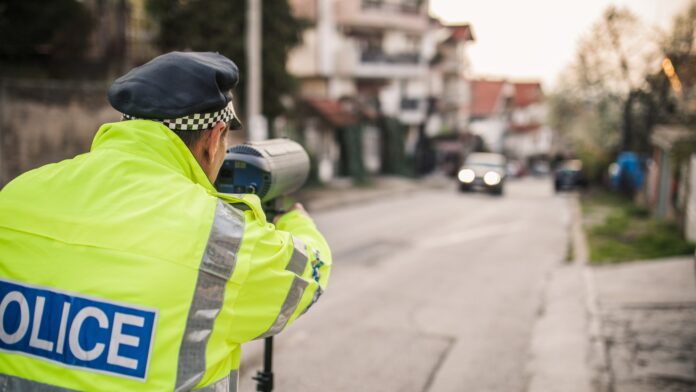Speeding is a serious offence that can cause injury and result in fines, or even a ban from driving. But what does it mean if you haven’t received a letter notifying you of a speeding fine?
Can I reject a speeding ticket after 14 days?
When you’re issued a speeding ticket, you should receive a Notice of Intended Prosecution (NIP) and a Section 172 notice. You may have heard that if you get a speeding ticket through the post more than 14 days after you were caught, the ticket can be cancelled — but it is more complicated than that. The police will need to be able to show that the ticket should have reached you within 14 days under normal circumstances.
This means the letter could go to an old address if you’ve not updated your licence, or it could go to a hire company or your work address if the vehicle isn’t yours. Even if the ticket goes to one of these wrong addresses within 14 days, the attempt has been made to reach you and therefore it is still valid, even if it actually takes slightly longer to get to you.
Similarly, delays caused by problems within the postal service don’t affect the rule, meaning if it was posted in time to arrive during normal mail service, it won’t sway the courts. The day that you are caught is not included within the 14 day period. For example, if the speeding incident happened on January 1 and the speeding ticket arrives to you on January 16, you will have grounds to contest it.
Does the 14 day rule apply if the letter goes to the wrong address?
The address where your car is registered is where the letter will be sent to by the DVLA. If you have recently changed the address and it is sent to the previous one, you may have grounds to challenge it and avoid receiving an increased fine.
However, if you have not updated your address and the letter is sent to your old address, the attempts have been made to reach you and therefore the fine would stand. Also, if your address details are correct and the fine was issued within the first 14 days, then it can’t be rejected.
When can I challenge a speeding fine?
The first thing you need to do is reply to the speeding ticket with a not guilty plea. You’ll then be summoned to a court hearing. However, challenging a speeding ticket can be difficult if you don’t have the correct evidence.
You could contest it if the notice was incorrect — for example, if you weren’t driving when the alleged offence took place. Challenges also won’t be accepted if the ticket issued has spelling mistakes or minor errors such as the colour of the vehicle in question. It’s also tricky to challenge evidence caught on camera — unless you can prove the specific camera was faulty at the time the fine was issued.
What is the penalty for not paying a speeding fine?
There are two ways of failing to pay a fine on a fixed penalty notice. You first is to reject the fixed penalty notice from the start, meaning you’ll receive a court summons. But this means you could face a heftier fine and receive more points on your licence if the court finds you guilty of speeding.
The amount of the fine will depend on what the speed limit was on the road you were speeding on, and how much you were over the limit by. The fine is also usually a percentage of your weekly income, and a maximum of £1000.
However, this can be a maximum of £2,500 if you were driving on a motorway. In some cases, you can even be disqualified from driving or have your license suspended. The second way you can be penalised is if you accept the penalty notice but fail to pay within 28 days.
The fine will be registered with the court and will automatically increase by 50 per cent. It is then for the court to enforce the fine — it also has the option of issuing a warrant for your arrest if you fail to respond.
What is the Road Traffic Offenders Act 1988?
Under the Road Traffic Offenders Act 1988, anyone who is to be prosecuted for dangerous, careless or inconsiderate driving, failure to comply with traffic signs or the direction of a police officer on traffic duty, leaving a vehicle in a dangerous position, or speeding (if it is not dealt with under the fixed penalty system).
Drivers can only be convicted of the offence if they were warned at the time it occurred that a prosecution would be considered, or if a written Notice of Intended Prosecution (NIP) specifying the nature of the offence, as well as the and time and place it took place, was served to them or the registered keeper of the vehicle within 14 days. Read More on The US Sun

